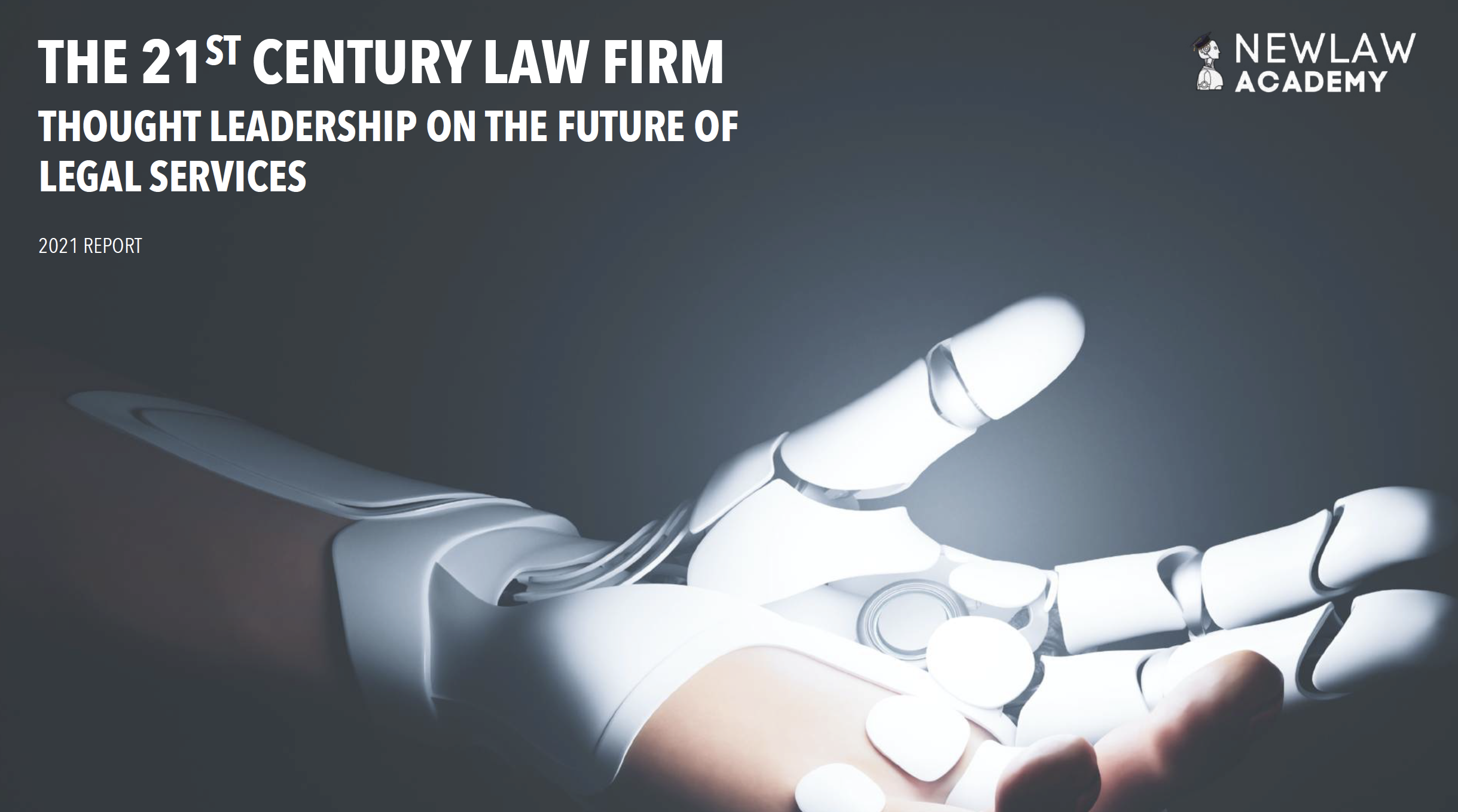The legal services industry has been built on the foundations of processes, rules and most of all, precedents. This requires that one looks backward to what came before, rather than forward. There’s no precedent for what’s coming. Processes and rules serve a purpose - to help people deliver on an existing, profitable and repeatable business model - but they don’t support speed and experimentation, a key pillar underpinning innovation.


The legal services industry has been built on the foundations of processes, rules and most of all, precedents. This requires that one looks backward to what came before, rather than forward. There’s no precedent for what’s coming. Processes and rules serve a purpose - to help people deliver on an existing, profitable and repeatable business model - but they don’t support speed and experimentation, a key pillar underpinning innovation.
While it’s clear that traditional law firms need to move away from ‘old law’ and start to embrace the ‘new law’ rhetoric with action, not just words, in order to stay relevant and competitive, few firms are making sense of all the noise and responding in a meaningful way.
We surveyed 15 thought leaders on the changing legal industry, emerging technologies impacting the sector, factors holding law firms back and what the future lawyer looks like.